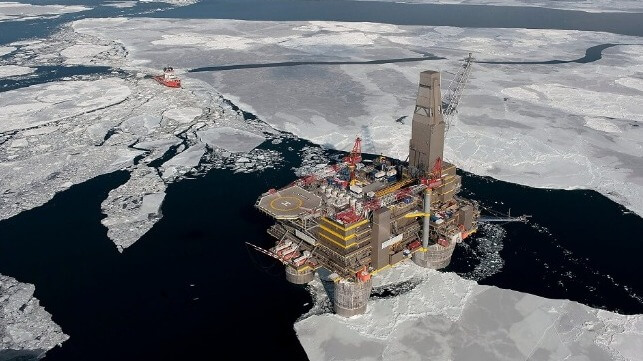Russia Moves to Nationalize Sakhalin-2 Offshore Oil and Gas Project

Russian President Vladimir Putin has moved to nationalize the Sakhalin-2 offshore oil and gas project in Russia's Far East, threatening the rights of Japanese and European investors. The decision also raises the risk that Sakhalin-2 might suspend its contractual shipments of LNG to Japan, where the government has criticized the Kremlin's decision to invade Ukraine.
Sakhalin-2 is "one of the world’s largest integrated, export-oriented, oil and gas projects," according to minority owner Shell, and it was Russia’s first offshore gas project. The infrastructure includes three offshore platforms, an onshore processing facility, hundreds of miles of pipeline, an oil export terminal and an LNG plant with a capacity of 11.5 mtpa (also Russia's first). The majority of its production goes to Japan, South Korea and China, and almost all of the gas exports are sold under long-term contracts.
State-owned gas company Gazprom owns 50 percent of the Sakhalin-2 project. A presidential decree signed Thursday would hand the shares of the minority shareholders - Shell (27.5 percent), Mitsubishi (10 percent) and Mitsui (12.5 percent) - over to a newly-created holding company. The three foreign investors have one month to ask the Russian government for shares in the new firm, and the Kremlin will decide whether or not to grant their requests.
Shell has already announced that it plans to exit all of its equity partnerships with Gazprom, and it has written off $1.6 billion of the value of its holding in Sakhalin-2. It has indicated that it is looking for buyers, and last week it reported some success in the negotiations.

that matters most
Get the latest maritime news delivered to your inbox daily.
Mitsui and Mitsubishi have not announced any plans to depart Sakhalin-2, and the Japanese government has described the facility as "essentially important" to the nation's energy security. Sakhalin-2's LNG exports supply about eight percent of Japan's gas, and at favorable long-term prices.
In the long run, Credit Suisse energy analyst Saul Kavonic told Reuters, the exit of Gazprom's outside partners could reduce production at Sakhalin-2. Shell, Mitsubishi and Mitsui have access to parts, expertise and global markets, which the Russian government may not be able to replicate easily - especially under sanctions. "This will tighten the LNG market materially this decade," Kavonic said.
